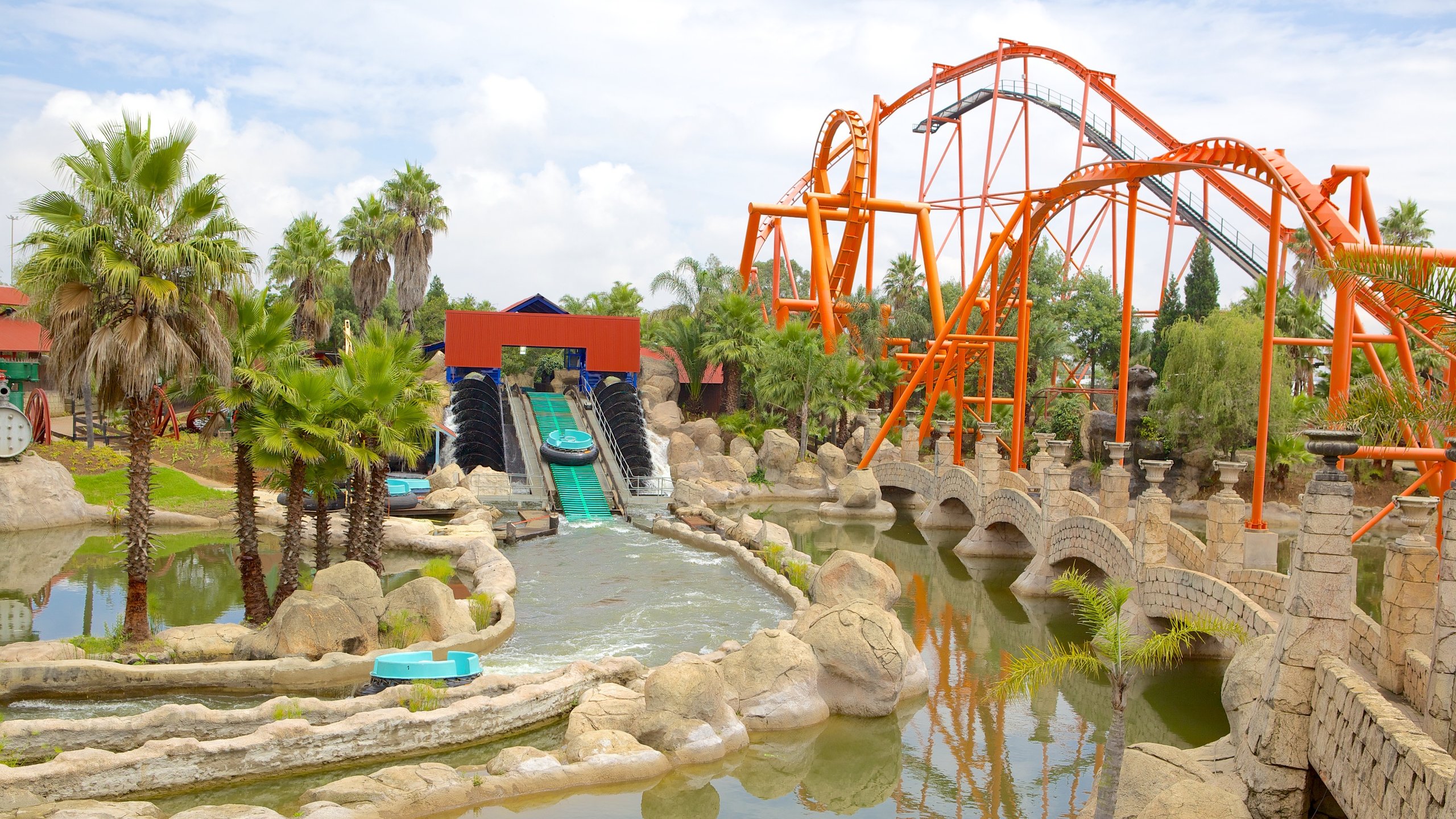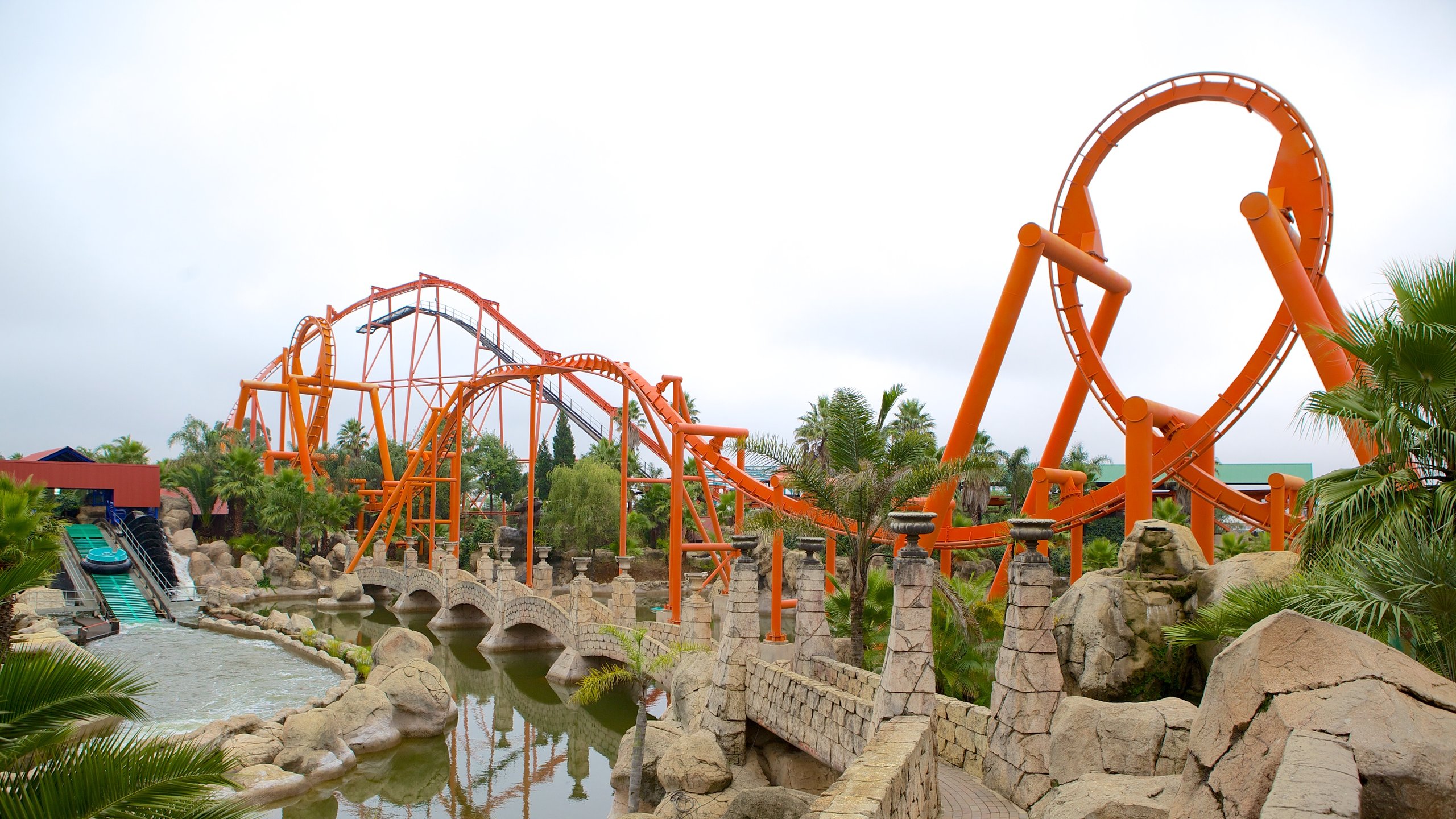Getting The Johannesburg North Attractions To Work
Getting The Johannesburg North Attractions To Work
Blog Article
The 6-Second Trick For Johannesburg North Attractions
Table of ContentsJohannesburg North Attractions Fundamentals ExplainedGet This Report on Johannesburg North AttractionsThe Ultimate Guide To Johannesburg North AttractionsLittle Known Questions About Johannesburg North Attractions.How Johannesburg North Attractions can Save You Time, Stress, and Money.8 Simple Techniques For Johannesburg North AttractionsNot known Incorrect Statements About Johannesburg North Attractions
However you should maintain safety in mind and visitors have to remain alert in any way times when in unknown surroundings. Talk with the citizens when you are in town to discover the location you are staying in. Johannesburg North attractions. When on the road (this doesn't relate to mall and other protected settings) finest general recommendations is to attempt your best to look like a local and to stay clear of showing any kind of type of wealth
The Buzz on Johannesburg North Attractions
Professor Revil Mason O. J. (Thomson, 1946) explored the Witwatersrand's pre-colonial history. His archaeological work blew up the 'em pty land' misconception, according to which the area was lacking human habitation before the arrival of European inhabitants. In his publications Prehistory of the Transvaal: A Record of Human Task (1962) and Beginnings of Black Individuals of Johannesburg and the Southern Western Central Transvaal Advertisement 3501880 (1986 ), Professor Mason showed the extent of social and financial development in the area prior to Europeans established foot here.

A Biased View of Johannesburg North Attractions
In 1878, David Wardrop located gold in quartz capillaries at Zwartkop, north of Krugersdorp. In 1881, Stephanus Minnaar came across gold on the ranch Kromdraai, near the Cradle of Mankind.
In March 1886, an outcropping (soon to be called the Main Coral reef) was found, quite luckily, on Gerhardus Oosthuizen's ranch Langlaagte. Some claim that the Lancastrian coal miner George Pedestrian uncovered this coral reef. One more itinerant English miner, George Harrison (who had formerly operated in Australian mines) obtained a prospecting permit in respect of Langlaagte in May 1886.
He determined to move on in a pursuit for greener fields, and disposed of his Langlaagte case for the handsome sum of 10. Alas: under lay the richest goldfield ever before discovered. The exploration of this rich auriferous coral reef provoked a gold thrill that indicated the end of agrarian serenity in the southern Transvaal.
It would certainly, within six years, come to be the largest community in southern Africa. Within a years, it website here would make the Z. A. R. up until then an anarchical and insolvent little state the wealthiest nation in Africa. By the turn of the century, the Z. A. R. was to exceed Russia, Australia and the United States of America to end up being the globe's leading gold producer, creating greater than a quarter of the globe's gold.
8 Simple Techniques For Johannesburg North Attractions
It was understood as Ferreira's Camp, called after Colonel Ignatius Ferreira. He was a Boer adventurer upon whom the British authorities had bestowed the standing of Friend of the Most Differentiated Order of St Michael and St George (qualifying him to the post-nominal letters C. M. G.) in thankfulness for his duty in the battle that had deposed the Pedi king Sekhukhune in 1879.
2 various other camps were developed: Meyer's Camp on the ranch Doornfontein, and Paarl Camp. The latter was nicknamed Afrikander Camp; lots of individuals from the Cape Nest cleared up there.

The Of Johannesburg North Attractions
This name gained money by word of mouth, such that the State Secretary affirmed the name to the Mining Commissioner on 9 October 1886. Stands in the town were auctioned on 8 December 1886. While some stands were sold for 10, others were torn down for just sixpence.
Two years later on, these erven were to change hands for as long as 750 each. The tented camps decreased as a dorp of corrugated iron structures developed and broadened north of the mines situated along the Main Reef Road. Areas such as Jeppe's Community (where working-class immigrants erected their houses) and Doornfontein (where the affluent brand-new 'Randlords' began to create their luxurious homes) were quickly contributed to the ever-expanding map our website of the community.
The 20-Second Trick For Johannesburg North Attractions
Aside from the street names, there were no indicators of Johannesburg being situated in a Dutch-speaking country. Several years later on, C. W. Kearns O. J. (one of the first children enlisted at St John's College in 1898) would remember: 'A strange reality regarding Johannesburg was that, although it remained in the [Boer Republic], virtually everybody talked English and even the Federal government servants resolved one in English, unless they were first resolved in the Taal (or Reduced Dutch)'.
Britain had an interest in making sure optimal problems for gold production on the Witwatersrand, and that the gold was exported to London instead than Berlin a necessary rendered all the extra clamant by the Z. A. R.'s enhancing toenadering with Germany. Mine owners were on a clash with Head of state Kruger, whose policy of monopolistic giving ins (frequently granted to his cronies) protected against mining companies from acquiring materials of materials (particularly dynamite) and labour by themselves, less expensive terms
The Johannesburg North Attractions Ideas
In 1890, the Volksraad had limited the franchise business to white males that had resided in the Z. A. R. for fourteen years or longer, thus disqualifying the majority of the immigrants (who occurred to be the significant factors to the fiscus). Anxiety for the vote was a mere pretext for promoting a different schedule; the majority of uitlanders concerned themselves as short-lived site visitors and had no intent of staying in the Z.
Report this page